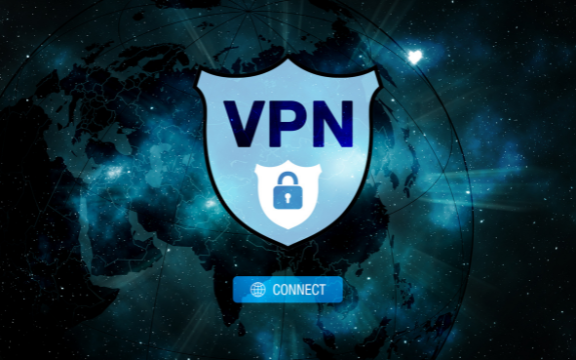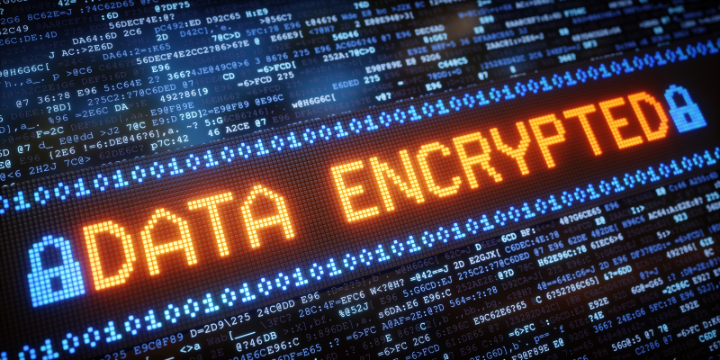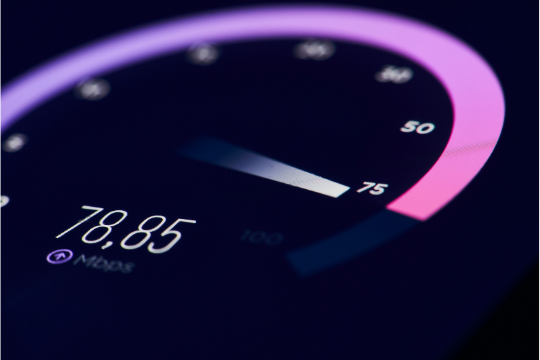In the vast realm of virtual private networks (VPNs), determining the cream of the crop can be an arduous task. The question that often arises is, “How do we rate VPN service providers?” This article aims to uncover the parameters and criteria we employ to evaluate and rate VPN service providers.

Understanding the VPN Universe
A virtual private network, or VPN, is an essential tool that ensures your online safety and anonymity. It re-routes and encrypts your online traffic through a different server, concealing your actual IP address. Imagine it as a secure passageway between your device and the internet.
With a VPN, you can effortlessly bypass geographical limitations and evade online censorship. Furthermore, as your data is encrypted, your online activities remain invisible to hackers, government agencies, and ISPs.
The Nitty-Gritty of VPN Evaluation
The popularity surge of VPNs has led to an influx of providers, making the task of selecting the right service quite daunting. We all have different needs and expectations from a VPN. Some of us aim to unblock streaming services, some want to evade government censorship, and some simply want an added layer of security. We evaluate VPN service providers based on several key features:
The Power of Encryption

The level of encryption a VPN offers is the first thing we look into. Any VPN provider not offering military-grade, or simply put, AES-256 encryption, doesn’t make the cut. AES-256 is the gold standard in the world of encryption, used by security experts and government agencies worldwide.
Additionally, the VPN service must also offer multiple VPN protocols like OpenVPN, L2TP/IPsec, IKEv2, and PPTP.
Connection Speed

Slow connection speed can be a major drawback. The encryption process employed by VPNs can reduce the speed of your internet connection. Hence, we recommend VPN services that provide the fastest speeds.
Privacy and No-logs Policy
Privacy protection is one of the main goals of VPNs. Hence, we only recommend VPN services that offer a strict no-log policy. This policy ensures that your provider doesn’t store or share your online activity.
Company Headquarters
Data retention laws vary from country to country. These laws give the government the right to access and share user data for security purposes. The best VPNs on our list usually operate outside the jurisdiction of the Five, Nine, and Fourteen Eyes alliances.
Server Network
The number of servers a VPN has and the regions it covers also factor into our evaluation process. Top-rated VPNs on our list have multiple servers on every continent.
Bypass Censorship
Internet freedom varies across countries. Some nations apply strict censorship and ban several websites. We recommend VPNs that can bypass government censorship and unblock your favorite websites.
WebRTC Leak Protection
WebRTC leaks can reveal your IP address to third parties. Hence, we evaluate whether the VPN offers WebRTC leak protection.
Device Compatibility and Support
In the age of smart devices, compatibility is crucial. We recommend VPN services that support the most popular operating systems, including Android, iOS, PC, and Mac.
Pricing
We believe that quality comes at a price. Hence, we only recommend VPNs that justify their price tags with outstanding features.
Refund Policy
We value VPNs that offer a 30-day money-back guarantee, providing users enough time to test the service.
Customer Support
Customer support plays a vital role in our evaluation process. A VPN service provider should be reachable round the clock and via multiple channels.
By using these parameters, we strive to provide you with unbiased and comprehensive reviews of VPN service providers. Our ultimate goal is to help you make an informed decision while choosing a VPN service that best suits your needs.

